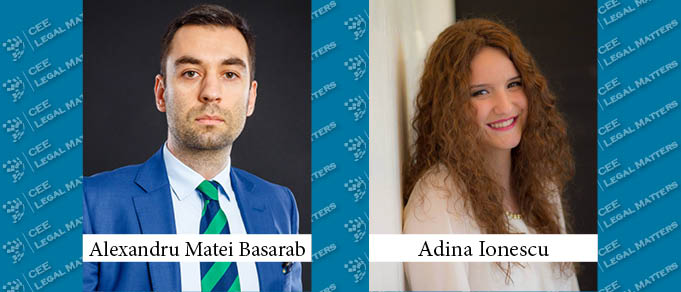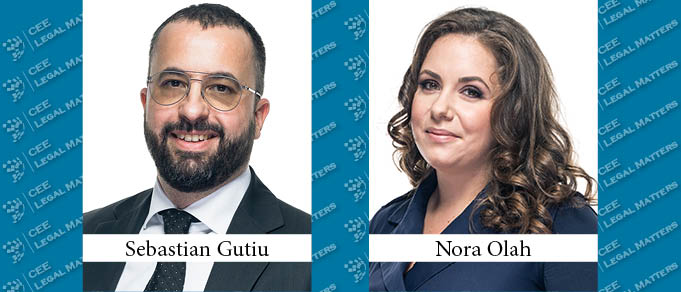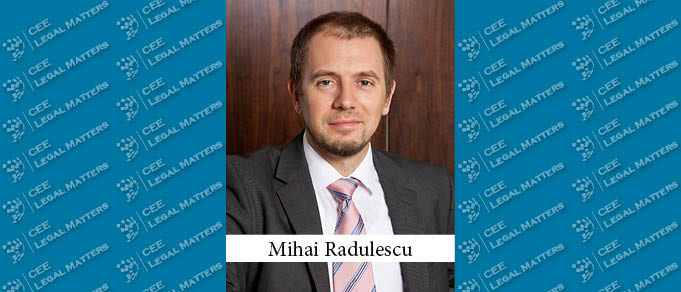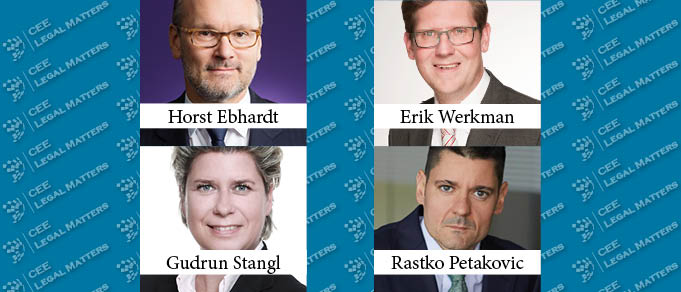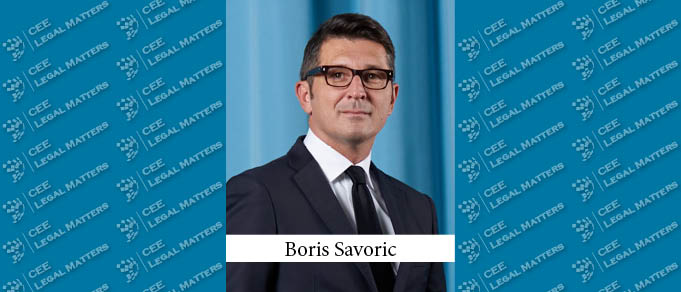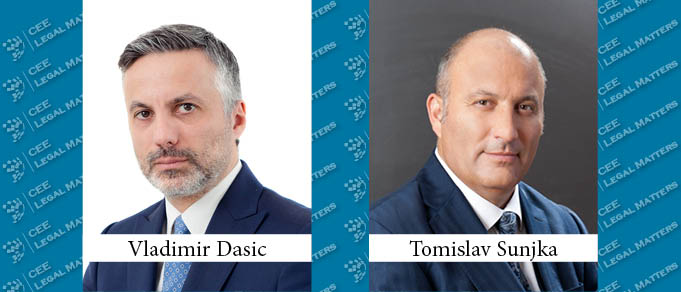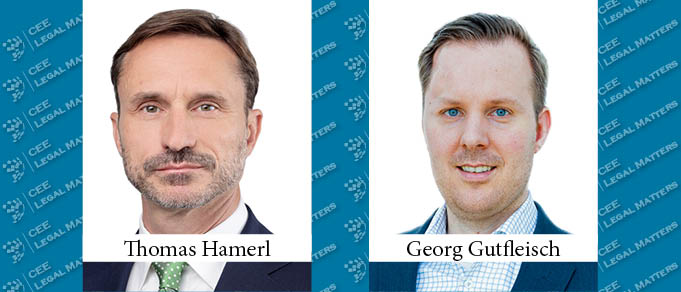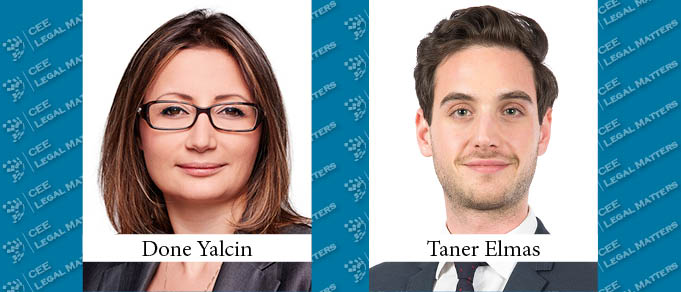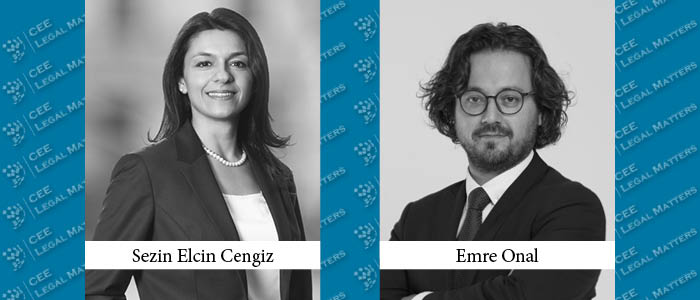Needless to say, the COVID-19 pandemic has been extremely challenging for organizations worldwide, both experienced and start-ups. The new reality has also compelled a vast majority of entrepreneurs in Romania to quickly adapt to a new economic context – significantly impacting the data protection domain.
Shareholders Agreements – Important Points to be Considered from an Investor Perspective
A shareholders’ agreement, also referred to as a stockholders’ agreement, is, as indicated in its title, an agreement concluded by and between the shareholders and, often, the company itself.
Stock Option Plans: A Modern Retention Tool Encouraged by Law
The modern mentality concerning the relationship between employers and employees has led to the creation of mechanisms aimed at increasing the loyalty of the latter. One such mechanism that has become very popular in recent years is the Stock Option Plan.
Post-Pandemic Rebound – Boards Taking the Lead in Financial Restructuring
We are now one year on from the first lockdown, and although many worried in the early days of the pandemic that Romania’s court system might not be able to cope with the large number of insolvencies that were expected, in fact the highly-anticipated wave of restructurings is yet to happen, as the debt moratorium which was enacted and then extended and the availability of the state aid package as well as the generally supportive approach of the lenders have helped companies manage their debt service and need for liquidity. While there is no shortage of funding, the uncertainty of the lockdown period and its impact on future developments have resulted in more amend-and-increase or amend-and-extend transactions, with borrowers adding to their existing lender groups rather than seeking a full refinancing.
New Perspectives, Same Challenges: A Snapshot of Some Conflict of Law Issues in Cross-Border Employment Contracts
From an economic and social point of view, throughout Europe, the COVID-19 pandemic period could be summarized in two words: digitalization and flexibility. These words were also key to employment matters, with a tendency for both employers and employees to be more open to establishing cross-border employment relationships, switching to remote work performed from a different EU Member States or, in case of expatriates, returning to their country of origin while continuing to work remotely for the same employer.
Five Pandemic-Driven Litigation Trends
One year into the COVID-19 pandemic, the “new normal” is as fluid and unexpected as ever. The aftermath of the health crisis and its economic impact has not matched the initial expectations for dispute resolution: the Romanian market has not been flooded with insolvencies and commercial disputes.
Romanian Competition Law: Reshaping Policy to Protect Consumer Well-Being
Some time ago, a merger control case I was working on, involving the gambling sector (among other things), raised an interesting problem regarding the role of competition law.
Impact of Bucharest PUZ Suspension on Ongoing Transactions
Navigating the maze of zoning, planning, and land-use-approval processes can result in significant delays and escalating costs, which may spell the difference between a development project’s success and failure. With the economic growth of Romania over the last few years having generated investor interest in developing new real estate projects, particularly in well-established urban areas like the country’s capital, the authorities have repeatedly expanded and amended the country’s urban planning laws.
How is Romania Preparing for a New Wave of Investment in the Renewables Sector?
Economic, policy, and legislative factors have revived investors’ interest in Romania’s renewables sector over the last year. As the second-largest market in Central and Eastern Europe, Romania managed to attract about EUR 8 billion in renewables investments in the first wave from 2008-2016 – mainly in solar (over 1.5 GW) and wind (over 3 GW) – benefitting from the green certificate support scheme, although Romania reached its 2020 target for green energy and investments slowed down significantly over the last five years.
Romania Rebounding: A CEELM Round Table
On April 8, 2021, CEE Legal Matters sat with senior partners from four of Romania’s leading law firms for a Round Table conversation.
Guest Editorial: Romania – Quo Vadis?
The COVID-19 pandemic has brought a lot of practical and legislative changes. Still, even if the virus complicated the overall environment (to which other factors contributed, such as elections followed by a change of government), Romania remains a place with significant business opportunities.
The Corner Office: Childhood Dreams
In “The Corner Office” we ask Managing Partners at law firms across Central and Eastern Europe about their backgrounds, strategies, and responsibilities. The question this time: “What did you most want to be when you were little?”
A Firm Grasp of the Subject
Annual reports make up a fundamental part of many regional CEE law firms’ marketing strategies, providing those firms with an annual opportunity to demonstrate their knowledge and expertise in a particular area, their geographic footprints, and their ownership and facility with the research and technological tools and manpower necessary for the production of such comprehensive projects.
Guest Editorial: Reflections on the Changing Nature of the Profession in Croatia and CEE
“What do you call 10,000 lawyers at the bottom of the sea? A good start.” This popular joke underlines the low public perception of lawyers that remains common in today’s society. Although distrust toward lawyers has always existed, frivolous lawsuits, rising billing rates, and thrilling reports of lawyers behaving badly in the news do little to improve the public image of attorneys, especially in CEE.
Inside Out: Embracer Group’s Acquisition of Mad Head Games
On November 20, 2020, CEE Legal Matters reported that BDK Advokati, working alongside Sweden’s Gernandt & Danielsson Advokatbyra, had advised Embracer Group AB on its acquisition of all issued shares of Mad Head Games d.o.o., a game development studio from Novi Sad, Serbia. SunjkaLaw advised Mad Head Games shareholders Nenad Tomic, Uros Banjesevic, and Aleksa Todorovic on the deal.
New Rules for a Public Charging Point Register in Austria
The increasing use of electric vehicles (EVs) in Austria means the supporting infrastructure requires constant development. The Austrian federal government program 2020-2024 envisages expanding the Austrian network of charging points for alternative fuels as an essential pillar of its drive towards implementing sustainable mobility solutions. In September 2020, the Austrian government followed through with its agenda by proposing the Austrian Renewable Energy Expansion Act (Erneuerbaren-Ausbau-Gesetz, EAG), which includes an amendment of the Austrian Act on Uniform Standards for Alternative Fuels Infrastructure Developments (Bundesgesetz zur Festlegung einheitlicher Standards beim Infrastrukturaufbau für alternative Kraftstoffe, BGFS). The EAG has recently been approved by the government and is now subject to discussions/approval by the Austrian parliament. The cornerstone of the amendment, which is expected to enter into force in the second half of 2021, involves establishing a public charging point register so that EV drivers can locate publicly accessible charging points when they need them and obtain other relevant information.
Croatia: Transporting Ourselves out of the Crisis, One Step at a Time
Just over a year ago, 2020 was shaping up to be a good one for the Croatian Transportation and Infrastructure sector. Croatia was presiding over the Council of the EU, and the Ministry of Transport & Infrastructure, one of its most active ministries, had several interesting projects in the pipeline. Osijek was due to become the first 5G city in Croatia by year’s end, and major investment deals were planned to strengthen existing road and railway infrastructure. But then COVID-19 happened and dealt a complicated hand to both transport and infrastructure.
Turkey’s Transportation Leap and the 1915 Canakkale Bridge and Highway Project
Strong investments in the Turkish infrastructure sector have been the driving force behind Turkey’s economic development. In the last decade, several investments referred to as “mega-projects” have gained much attention, such as the completed Eurasian Tunnel in Istanbul, a road transport tunnel running under the Bosphorus to connect the European and Asian sides of Istanbul; the new Istanbul Airport, increasing capacity from over 100 million to over 200 million passengers per year; the third Istanbul Bridge, still one of the largest projects with construction costs of around TRY 4.5 billion (although it fell short of expectations and required USD 2.7 billion in refinancing from ICBC and still could not be executed due to the pandemic). One of the most recent projects is the 1915 Canakkale Bridge and Highway Project.



